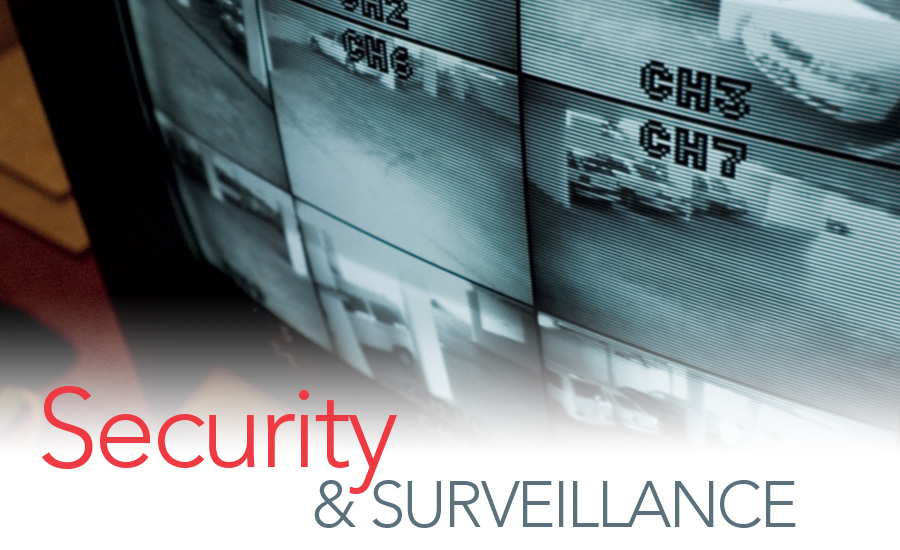Focus On: Security & Surveillance
Casinos and gaming facilities have a great number of security challenges, including large crowds, huge sums of cash on gaming floors and in cashier’s cages, strict compliance regulations and extensive physical property and assets. It is necessary to dedicate significant resources to protecting people and material goods, reducing casino liability and creating an effective security management program, which includes key control.
In addition, as with many private enterprises, casinos must protect themselves from their own personnel. With so much temptation, it is to be expected that employees will attempt to steal or commit fraud and other crimes.
In most gaming organizations, physical keys are still used to access all of the most sensitive and highly secured areas, including counting rooms and drop boxes. But with so much at stake, casinos that are still using manual logs for key control are at high risk. There are myriad inaccuracies inherent in a manual system, starting with signatures that are missing or illegible. The manual sign-out process for keys is time consuming and error-prone. Analysis, reporting and investigation are highly labor intensive as they involve digging through piles and boxes of log sheets, making it difficult to keep an accurate accounting of key use. This also has a negative impact on compliance.
Without question, casinos and gaming facilities can benefit from a comprehensive key control solution to minimize risk, loss and fraud.
MANAGED SOLUTION
For this reason, many of the largest—and some of the smallest—casinos and gaming properties in Las Vegas and around the world rely on key management. The systems can provide more control for highly sensitive keys, more reporting and compliance and more convenience. A well-run key management program takes conventional keys and turns them into smart keys, helping control access to critical assets while tracking key usage and compiling comprehensive management information.
Key management systems help casinos maintain compliance. For certain keys or key sets that are highly sensitive, regulations require signatures from three individuals, one each from three separate departments. These may include keys to drop boxes and counting rooms. Typically the three individuals would include a drop team member, a cage cashier and security officer. A secure key management system is programmable and can recognize these keys or key sets and only open the cabinet door and release them once the three required logins are complete and the credentials verified.
Systems can be configurable to manage several levels of security for returning highly sensitive keys as well. Alarms can also be triggered for certain predetermined circumstances such as the use of force to gain access or remove a key, invalid user codes, a door left open for more than 10 seconds after use, power failure, a key missing or not returned on time or a key returned by the wrong user. A key management system can also limit access to drop box keys to specific authorized individuals and alert management if they are returned to the key cabinet by anyone other than the people who removed them.
In addition, key management software enables set-up of many types of reports, including many required by state and tribal gaming agencies, which can run and be delivered automatically to management on a regular basis. The robust reporting system will help to track and improve processes, assure employee honesty and minimize security risks.
Electronic key control systems also provide convenience of key access. Solutions for key security can be tailored to the varied needs of a casino/hotel/entertainment property, including the flexibility to have differing levels of security (i.e. dual or triple authentication) in different areas of the premises.
When compared to manual systems, electronic key control systems help provide for an effective security management program while delivering valuable business intelligence for the organization.
